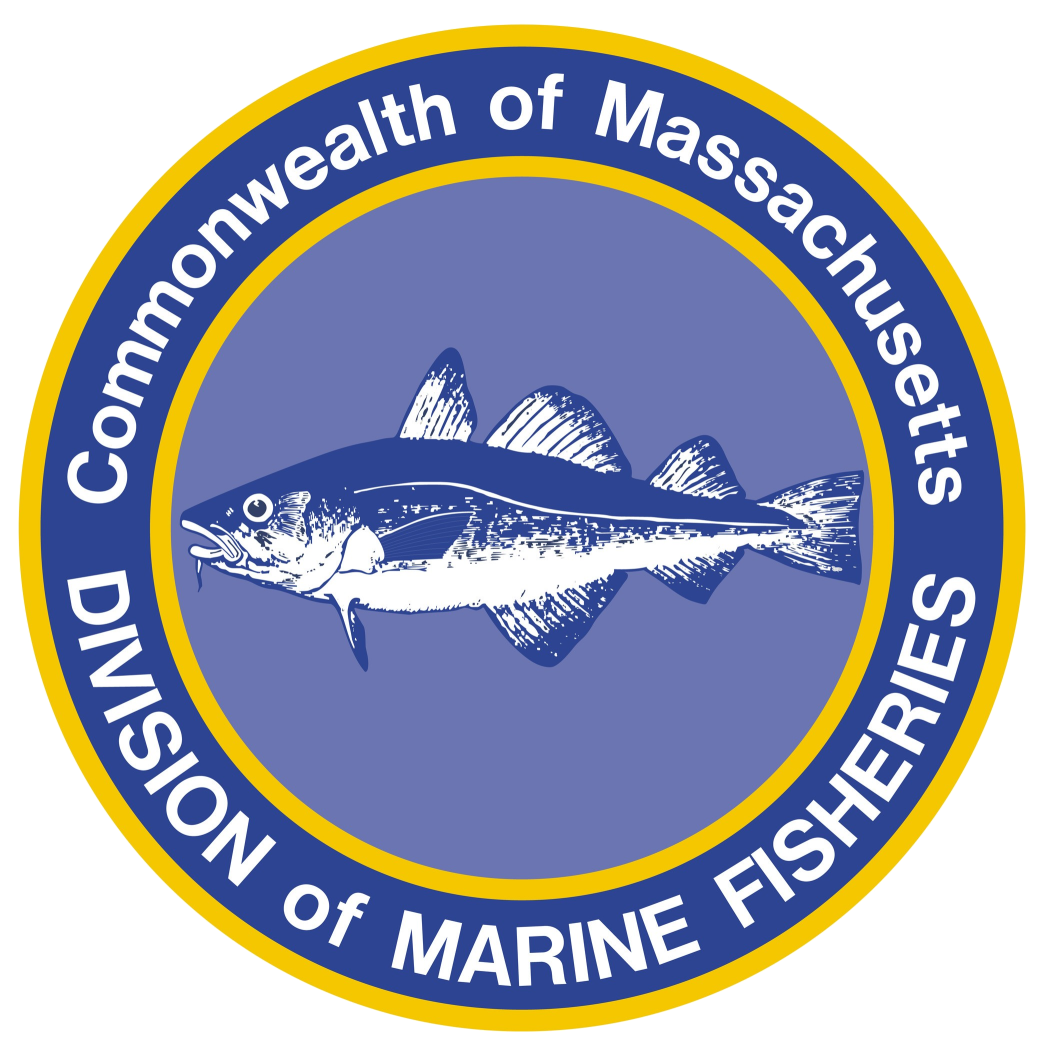- Division of Marine Fisheries
All commercial Lobster Permit holders with a federal lobster trap permit will be installing a vessel tracking device beginning this spring. This new requirement comes from a recent interstate plan addendum to improve the accuracy of data depicting where and when lobster harvesters fish their traps. Fine-scale location data are critical as lobster fishers face challenges of being displaced by offshore development (wind turbines and aquaculture), and to understanding lobster trap fishing in order to protect right whale aggregations. Also, lobster and Jonah crab stock assessments need more accurate catch locations to attribute landings to each species’ respective stock units.
Vessel tracking devices require very little power and maintenance. Devices operate independently and do not rely on any external electronics or mobile phone to function. They will record a position every minute, which will allow managers to distinguish between fishing activity (hauling or setting traps) and traveling to the fishing grounds. Tracking devices may use cellular data transmission. If the vessel travels beyond cellular service, the device will continue to record the location data and then upload the data once the vessel returns to cellular service. Costs from approved systems are intended to be far less than the satellite vessel monitoring systems commonly deployed in offshore federal fisheries such as scallops, groundfish, and surf clams.
Costs for the first three years will be covered by DMF through a federal appropriation approved by Congress. There are about 300 eligible vessels that fish from Massachusetts ports. We expect to cover the costs of each eligible vessel owner’s purchase, installation, and data plan for around $1,500. Up to five different vendors are expected to offer devices for sale to the industry this winter. Eligible permit holders will be allowed to choose the approved tracking device that best fits their business.
As required by state and federal law, data collected from an individual vessel will be kept strictly confidential, just as DMF maintains all catch reports and sales of fish and shellfish to dealers confidential. The data recorded helps us to understand the importance of fishing locations that may be subject to offshore development or proposed for closure with various conservation objectives. For additional background, see the article published in DMF’s previous newsletter.
By Dan McKiernan, Director of DMF, and Nick Buchan, Harvester Reporting Coordinator
